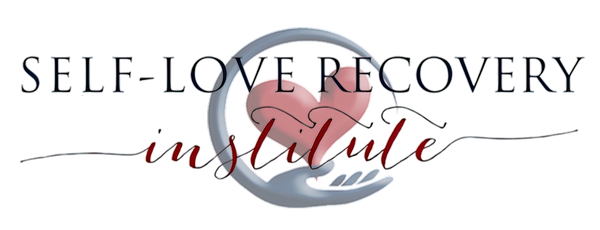
There is a question that I keep getting repeatedly, probably since the very first training that I gave on narcissism, “Can a codependent be a narcissist”?
Why would I get that question so often? Why would people who are interested in my content, my book, my trainings, or my videos ask, “Can I be a narcissist”?
It's my understanding that narcissists are not drawn to my videos or my book because they tend to blame or project onto others their problems or not take responsibility. They don't look to self-help books to solve their relationship problems. They instead look for someone else to blame their problems on.
If you understand narcissistic personality disorder (or pathological narcissism), you will know that one of the major diagnostic criteria is little to no insight into the problem. A sense of denial, being oblivious to the harm caused to others, making excuses for mistakes, hurting people, not accepting responsibility, and blaming others. So why would a narcissist ask me, “Do you think I'm a narcissist?”
The person that is going to ask the question is a person capable of having insight into their self. They have the psychological awareness that maybe something is wrong. To wonder if you are a narcissist, you have to at some level experience a feeling of guilt or remorse. Just asking the question infers that you don't like it, you feel bad about it, and you carry some shame about it.
The quick answer to the question is that narcissists don't ask me that question, codependents do.
Codependency (or Self-Love Deficit Disorder) is independent of personality type. A codependent can be dishonest, manipulative, and even harmful. A codependent can be a drug addict or an alcoholic, and when in the throes of the addiction, the person can behave selfishly and narcissistically.
If a person were dishonest and manipulative as a child, to get what little emotional scraps they could get, they are going to take that into their adult relationships. If a person was the pleasing child, because they learn that is the way to get the conditional love from the narcissistic parent, they will be an adult that will suppress their own needs to not upset the narcissist.
There are two ways that a person who is going to become codependent can develop personality traits. They can be in a family in which they can be the passive and sacrificing child who is honest and stays out of harm or they can be in a family where they learn that through manipulation they can survive and not get hurt.
If you are an adult who believes that your self-worth is wrapped up in taking care of others and ignoring yourself, and you get that by lying and manipulating, you are a manipulative codependent. If you learned that it's just better to be honest and righteous, you are an honest codependent.
I created the categories of active and passive codependency to help explain the differences between the manipulative, dishonest, and sometimes-difficult-to-manage codependent versus the passive and compliant one. The codependent who is going to be manipulative and dishonest, who might even cheat and have an affair, they are going to fall under the active codependent category.
But the question is not answered completely.
Many of us are familiar with the concept of gaslighting. The term comes from the movie Gaslighting in which a person manipulates another into believing that there is something wrong with them to gain control. Over time the manipulator can brainwash and turn that person against themselves until they believe everything that the manipulative narcissist says about them.
If the narcissist says they are lazy, ugly, or have no friends, and they are told this repeatedly, then they will start to believe that and to act that way. They start to see that all the criticisms that the narcissists are throwing at them are because of who they are. They adapt to and adopt the vision that the narcissist wants them to believe, because if they do believe all the negative rhetoric, pronouncements, or diagnoses by the narcissist not only will they behave in that manner, but they will feel bad about themselves and will relinquish self-control. A person who does not love or respect themselves and is in a relationship with someone who purportedly loves them but constantly tells them there is something wrong with them is going to find their insecurity keeps them magnetically connected to the manipulative narcissist.
Back to the question of “Can a codependent be a narcissist?” The real question we need to be looking at is why would a codependent ask that?
The codependent who was brought up by parents who was told anytime they wanted something that they were selfish (projecting on the child their own narcissism), grows up with this belief that asking for something, physical or emotional, is taking something away from the narcissist, and they are conditioned through punishment or the threat of punishment to feel bad about it.
This type of conditioning is in a sense like gaslighting. The narcissistic parent is brainwashing or conditioning the child to believe that if she or he asked for something, love, respect, care, a new dress, a game, then they are being selfish. The narcissist can make that child feel so bad about it that it guarantees the child will not ask for it again, and if she or he does, they will feel bad.
When someone says to me, I think I'm a narcissist because I want to go out with my friends, or I want to buy myself a new car, or when I talk about myself, I feel narcissistic, to me it's a codependent who has been conditioned, brainwashed, or gaslit to turn against themselves as a method to maintain control of the codependent. If the narcissist can get the codependent to turn against themselves, then they established control.
Don't let the narcissist make you believe that you are narcissistic. Codependency is just Self-Love Deficit Disorder, and the opposite of it is Self-Love Abundance. Self-love is embracing who you are, the good and the bad, and loving it. Don't let anyone tell you that you are something bad that doesn't fit who you really are.


0 comments